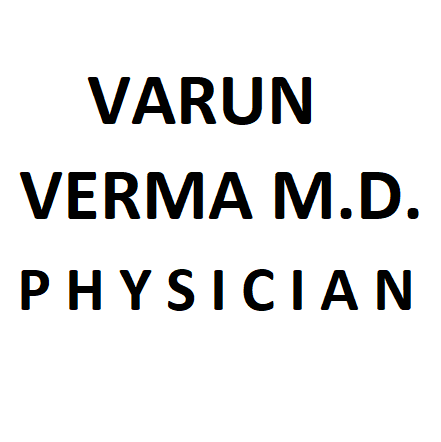Ah July 1st… the transition point between non-clinical and clinical years in medical school, between being a student and intern, and also between being a trainee and being ‘in charge.’ As a student- you’re no longer carrying books (or iPads), and now have to interact with sick humans. As an intern- you go immediately from hot-shot-test-taker to having to respond to actual emergencies. As an attending- you now have seemingly fewer people to question at every decision point. I remember my first night call as an intern in 2008 very well, and now I’ve been an attending Hospitalist for three years: my brief tenure full of transitions. The same same simple rules seem to apply to thriving in any new healthcare work environment.
I ASK YOU :
I – Be interested in others, and introduce yourself. This obviously starts with the patient; Mrs S is not just some GOMER in bed 3 with failure to thrive. Taking 2 minutes to truly learn about her as a person will help you maintain empathy, and get you through the brutal paperwork, bureaucracy and scut that is omnipresent. This should extend to your coworkers, nurses, techs, all non-physician types that make patient care possible. You’ll have to interact with these nice folks for at least a year, and (maybe 7 if you’re a Neurosurgery trainee). Learn people’s names. As Dale Carnegie once said- ‘a person’s name is the sweetest sound to that person.’ Don’t do as my anatomy lab partner did during medical school and address his cadaver buddies as ‘hey boss,’ ‘dude,’ and ‘yo!’ for four months. People will notice.
A – Ask others for advice. This one is obvious. People that have walked your path know more than you, and they can save you some time. Someone once said to me; you can open your mouth and seem like a fool for one moment, or stay silent and certainly be one when preventable stuff goes wrong. Remember, it’s also okay for this advice to come from other non-physician-types; senior nurses definitely know more than you on day 1 of internship, and perhaps still something useful on day 1095.
S – Systems, learn them! You can’t function effectively if you don’t know how to reach people, how your EMR works, whether your attending prefers direct communication or a hierarchy of secure texts through your senior resident. This is an actual prerequisite to doing good work, so pay attention and develop a method to tame the madness. First step is learning how to function in your new environment.
K – Knowledge. Realize it takes time to acquire, and it’s not easy to retain. As a Critical Care attending once barked at me – “reading UpToDate is not the only form of required learning.” I scoffed at the time, but he was right. Making a sincere consistent effort to learn no matter how crappy your day is a challenge. You did great on Step 1 and 2 (and maybe 3)? Congratulations, but now that means very little. Having a baseline knowledge is a prerequisite but not the end point. You’re judged on patient outcomes now, and against 10 other interns, rather than a multiple choice test. Malcolm Gladwell reminds us that 10,000 hour of “deliberate practice” are needed to become world-class in any field. (No wonder you were in school until you were 30).
Y – Focus on you (and your well-being). I don’t mean be selfish and neglect patient care responsibilities to slip out to an early happy hour, or neglecting your partner, or ignoring your parents (if you haven’t already). I mean take care of yourself; that you’re eating and sleeping well, scheduling time for ‘fun,’ and exercising. Don’t preach to your patients what you don’t practice yourself.
O – Remember your oath. It may have been conceived in a time of togas and violence, but it is still sacred. Every year the media is flooded by some inconceivable story of doctors doing bad: sex scandals, billing fraud, unnecessary procedures… the list is endless. Please strive hard to not to become one of these people. It’s bad for your career, it’s horrible for your family, and it’s a waste of your talents.
U – Understand that everyone needs their own system for thriving at work. Like anything in life, you need to be purposeful about it. Strive to develop your own, and then hold yourself to it.
So I ask you… what will your system be to survive the July transition?
© 2018 Varun Verma, MD www.varunvermamd.com
Varun Verma M.D. Twitter | LinkedIn
Dr. Verma is a board certified internal medicine physician. He believes that quality healthcare is a human right and has worked around the United States and internationally.
